Drug & Alcohol Rehab Greenwich & Near Greenwich
With the right drug and alcohol rehab Greenwich, you can learn the tools you’re going to need, not only to quit your drug or alcohol addiction but also to stay clean.
One of the biggest problems an addict faces is what to do in the event of a relapse. They try to quit, and for many, they get clean for a short time, before they turn back to drugs or alcohol. This is where a drug and alcohol rehab Greenwich centre can help.
Drug & Alcohol Statistics in Greenwich
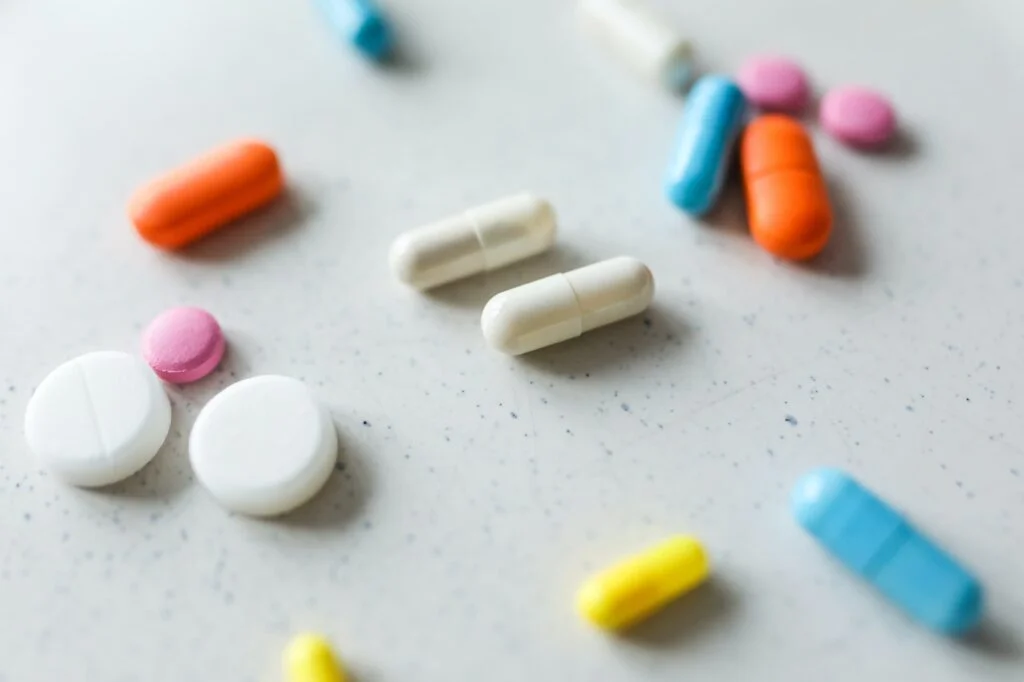
Depending on which drug and alcohol rehab you attend in Greenwich or near Greenwich, there will be a different needs assessment, so the criteria for addiction may change.
Today, we’re going to discuss the DSM-5 addiction criteria, as it is widely used across private rehabs in Greenwich.
The DSM-5 lists 10 drug classes that are linked to substance use disorders, which are: tobacco, inhalants, alcohol, hallucinogens, sedatives, caffeine, opioids, cannabis, stimulants, and hypnotics (1).
Not everyone who uses these substances will develop an addiction, but all of these substances are addictive, and therefore have the potential to lead to addiction if they are abused.
According to the DSM-5, there are levels of severity when it comes to drug dependency, and these are: mild, moderate, and severe. Patients who have 2-3 symptoms are mild, patients with 4-5 are moderate, and 6+ indicates a severe problem.
The symptoms we speak of are:
- Tolerance (requiring more of the drug to feel the same effects)
- Cravings
- Giving up responsibilities or activities because of the substance use
- Withdrawal symptoms
- Continued use despite relationship issues as a result of the substance use
- Larger doses, or longer timeframe, than anticipated
- Continued use of substances despite having a physical or mental issue that is caused or worsened by the substance
- Problems in education, home, and/or work due to the substance use
- Attempting to withdraw but being unable to
- Continued use of substances despite being in danger
After the assessor has gone through these symptoms with you, they will decide how severe your problem is, and this will help them to formulate a personalised treatment plan for you.
For more information on Drug and Alcohol Rehab in Greenwhich or near Greenwich, contact us today on 0800 088 66 86.
Can I Self-Diagnose With Drug and Alcohol Addiction?
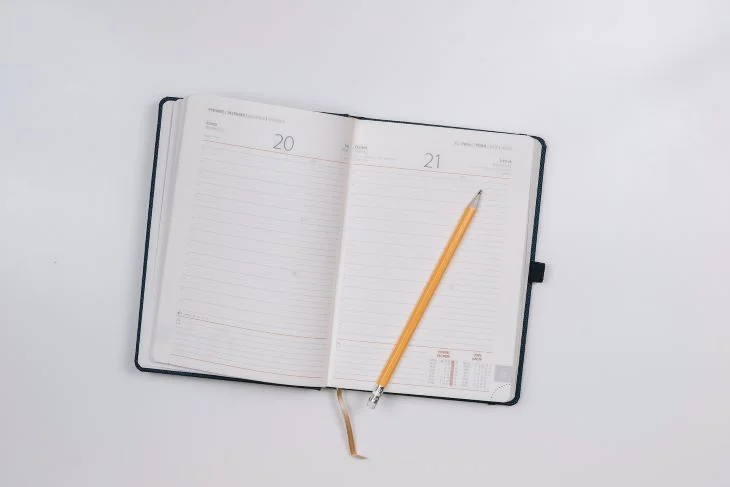
You technically can self-diagnose addiction by using common diagnostic tests (such as the DSM-5 criteria) and writing down how many symptoms you have. This may be useful if you believe you have a problem but are not sure how severe it is.
It could also be a great tool if people in your life are enabling you, and you need to see objective proof that you are likely struggling with a dependency or addiction.
However, you shouldn’t rely on self-diagnosis alone. One reason to avoid this is that you may be inclined to relax slightly after self-diagnosing, as you have found the problem, and you know it is something you didn’t intentionally bring on.
Yet, it is highly unlikely your situation will change unless you make an effort to recover with the help of professionals in the field.
Another reason to refrain from relying on self-diagnosis is that many people with substance use problems are in denial, so despite having an addiction, they will downplay their symptoms and subconsciously manipulate the test so that their results indicate they do not have a problem.
Finally, many people with addiction need help not only for their substance use, but for other issues e.g. ADHD, anxiety, schizophrenia, PTSD, bipolar disorder, or a physical illness such as diabetes, kidney problems, or liver problems.
This means that medical attention is vital, and people with addiction will not get this if they self-diagnose and carry on with their lives.
Overall, self-diagnosis is a helpful tool when combined with a professional assessment from an addiction specialist, provided that you are honest when completing the assessment.
For more information on Drug and Alcohol Rehab in Greenwhich or near Greenwich, contact us today on 0800 088 66 86.
What is the Cycle Of Addiction?
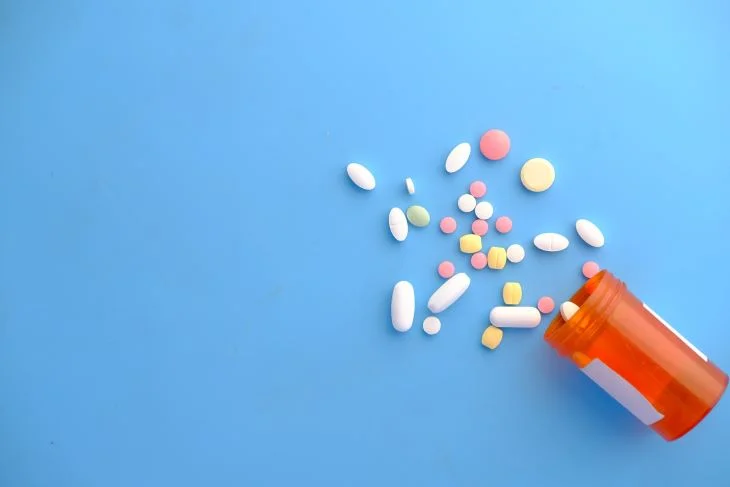
Addiction occurs in cycles, which is why it is so difficult for people to stay sober; they have adapted to living in an addictive cycle, and it is challenging for their bodies and brain to snap out of this.
1. Binge
The first stage of the addiction cycle is bingeing. This is when the individual uses the drug, often in high doses and over a long period, but not always.
When someone has been using a drug for many years, without being addicted to it, it is very difficult for them to stop this process, even when they are faced with terrible symptoms.
This is because it has become a habit for them to consume the drug, and they have gradually become dependent on it. For most people, long before they are suffering from addiction, they are reliant on the drug physically.
2. Withdrawal
After the binge, the next stage is withdrawal. This is when the body and brain react to the lack of substance in the user’s system, and this often produces withdrawal symptoms.
It is difficult for people to cope with withdrawal as the substance has become a normal part of their functioning, so its absence can cause all sorts of issues.
This is the stage that involves lots of cravings, so it is very common for people to relapse into addiction when they enter the withdrawal stage.
They may also relapse due to the intensity of withdrawal, as the easier option is to continue to use substances and forget about the long-term impact.
3. Preoccupation
The preoccupation phase occurs when the drug user has detoxed and is trying to stay sober, but they are still faced with cravings and are tempted to give into the addiction.
At this point, they may be suffering mentally as they cope with the idea of never using substances again. Sometimes, this drives people to return to their addiction.
Other times, especially if high-quality treatment is available, the individual will refrain from relapsing by putting their trust into other coping mechanisms, and a solid support system.
This means that they have broken the cycle of addiction, as they will not engage in bingeing, which prevents withdrawal, and therefore preoccupation is lessened.
For more information on Drug and Alcohol Rehab in Greenwhich, contact us today on 0800 088 66 86.
How Does Drug & Alcohol Rehab Greenwich Help With the Cycle Of Addiction?
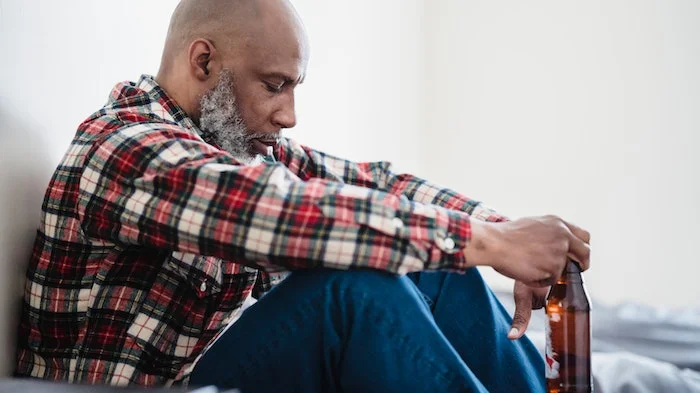
It is very rare for people to break the cycle of addiction without any professional help. Studies have proven that attending residential rehab is the best way to break the cycle of addiction, and though other methods can be helpful, they do not have the same level of success.
One reason private rehab helps break the cycle of addiction is that it is not possible to binge while you are in rehab.
There is 24/7 care, and you will not have access to substances, so you will not be engaging in addictive behaviours at rehab. This means you do not enter the first stage of the addiction cycle.
In terms of withdrawal, this is something you will deal with at the beginning of rehab, but it will be as smooth as possible due to the medication doctors will give you, and the high level of care you will get.
An easier withdrawal helps you to cope mentally with the concept of getting sober and prevents you from losing all motivation.
Finally, you are likely to feel preoccupied with rehab, as it is not easy to recover in such an intense setting. However, there are many different members of staff there to help you manage this preoccupation, so it will be much easier than it would be if you were alone.
When your treatment nears the end, the rehab facility will present you with an aftercare plan, which is a way to prevent you from entering the cycle of addiction again when you leave their inpatient care.
Many drug and alcohol rehabs in Greenwich will keep you as an outpatient, so you will still get to attend useful sessions about addiction, even though you will no longer be a resident at the drug and alcohol clinic.
There is no guarantee that you will never binge again after visiting residential rehab, as many people do relapse. However, your chances of relapse will be as low as possible, when compared to other treatment programmes.
For more information on Drug and Alcohol Rehab in Greenwhich, contact us today on 0800 088 66 86.
How Does Home Detoxing In or Near Greenwich Help With the Cycle Of Addiction?
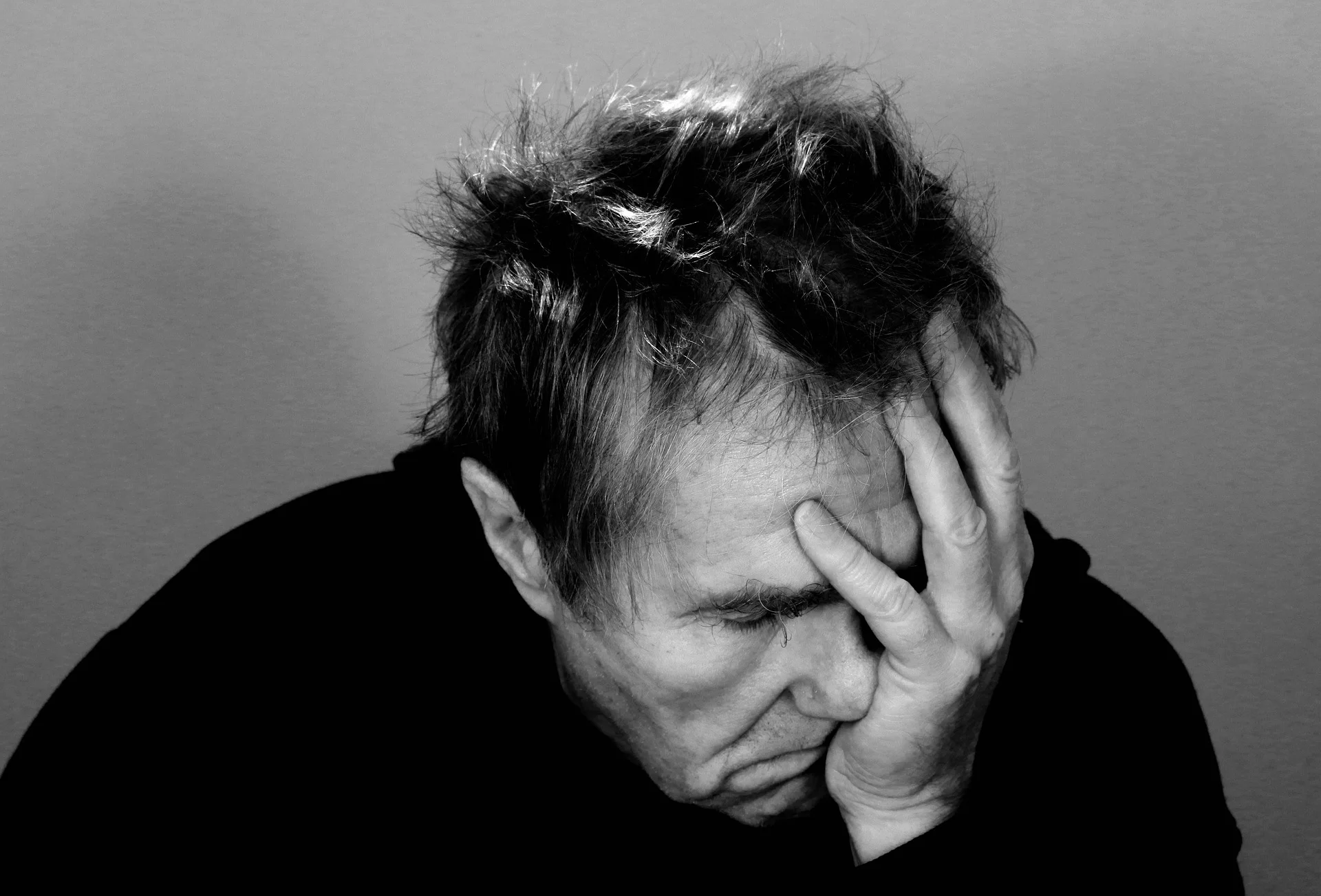
Home detoxing prevents the cycle of addiction in a similar way to rehab. Medication is given to ease withdrawal symptoms and cravings, making the patient less likely to give into relapse.
However, when you are having a home detox, you could access drugs and alcohol without informing the treatment provider, which is one reason that home detoxes do not always succeed.
This is more likely to occur if you live with someone who enables your substance use, so it is vital that you are living with someone supportive when you get a home detox.
No aftercare comes with home detoxes, which is another reason that they are less successful than rehab.
It is much more likely that you will decide to binge if you are not regularly getting help for your addiction, as it is not something you recover from once and never have to think about again.
What Does Rehab Recovery Do In or Near Greenwich?

Our job at Rehab Recovery is to take care of all of the boring tasks involved with getting a referral to drug and alcohol rehab in Greenwich.
We know that many of you want to make rehab a priority, but it is very hard to do this when you are unfamiliar with the admissions process, and you are most likely suffering physically and mentally due to your addiction.
As we are very familiar with the admissions process, we can arrange a referral for you in just several days, so we make it much faster for you to get treatment.
We do this by getting in touch with rehab facilities that we trust, asking about their specific requirements (which we usually already know), and checking that they have space for you.
We start our process by assessing your needs over the phone (on 0880 088 66 86). We will have to ask about your problems with addiction, your mental health, and other personal details, but please rest assured that we deal with everything in confidence.
If we feel that you are not the right candidate for drug and alcohol rehab in Greenwich, we will tell you this early on. At that point, we would either advise you to go for outpatient treatment or a home detox.
We would handle this the same way we handle rehab referrals, as we are friendly with a wide range of treatment providers in Greenwich.
That being said, it is very uncommon for us to deter a client from selecting a drug and alcohol rehab in Greenwich.
Most of our clients are in a position to cope with rehab, and we encourage this as it gives them the best chance of accessing a sober life, which makes for healthier relationships, better career prospects, and improved physical and mental health.
If you would like to enquire about Greenwich rehab on behalf of someone else, feel free to reach out to us on the same phone number, and we will explain how you can support the individual with getting treatment.
Though we can advise on interventions, we cannot make a referral for someone without their consent, so please do not ask us to find a place at rehab for someone who is not ready to recover.
For more information on Drug and Alcohol Rehab in Greenwhich, contact us today on 0800 088 66 86.
Contacting Rehab Recovery for Drug Alcohol Rehab Greenwich
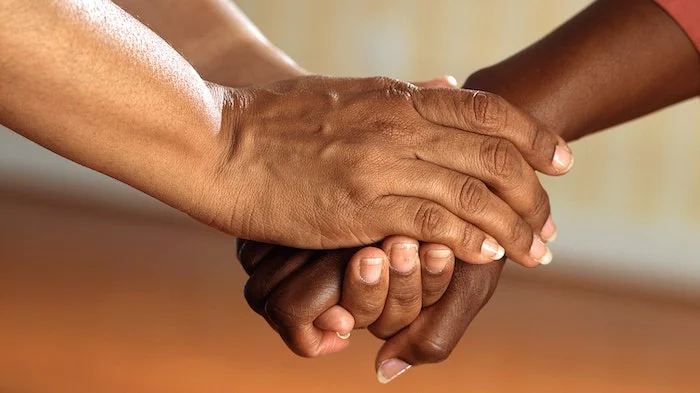
With drug and alcohol rehab in Greenwich, not only do you have the help you need, but you have the guidance you never had in the past when you have tried to quit in the past. This is what is going to help you quit, and help you stay clean this time around if you are trying to get drug or alcohol-free for a second, third, or even tenth time.
There are so many things trying to push you in the wrong direction when you are trying to quit, don’t go through this on your own. Let us help you find the top drug and alcohol rehab in Greenwich. Fill out the form below and we can connect you with the leading specialists to help you work through your addiction towards a road to recovery.
For more information on detox and rehab options in Greenwich, contact Rehab Recovery today on 0800 088 66 86.
When you contact us, we shall outline a variety of treatment options that are available to you in Greenwich. This includes both private and statutory addiction treatments.
FAQs About Addiction
Below, we provide some frequently asked questions and their answers about the drug and alcohol rehab process in Greenwich:
What are the earliest signs of drug and alcohol dependency in or near Greenwich?
Many people with drug and alcohol dependency are in denial (2). They may claim they do not have a problem as they could stop using substances whenever they wanted to. However, the trouble is that dependency could eventually occur unexpectedly, so we must always be cautious when using substances.
Some early signs of dependency are: experiencing physical symptoms when we are not using the substance, spending a lot of time thinking about the substance, craving the substance, and developing low mood.
Many people in Greenwich are showing these signs, and yet they are not seeking treatment. We want you to know that if you are dealing with drug dependency and you need help, rehab centres all over Greenwich have plenty of space for you. They do not require you to have a severe addiction.
Do I have an addiction or a dependency?
Now that you know what drug and alcohol dependency looks like, what does addiction look like? Usually, addiction involves a wider range of physical and psychological symptoms that put the user’s life at risk.
Addiction is more extreme than dependency in every way, so take the signs of dependency and magnify them. For example, thinking about the substance often becomes being unable to function without the substance, craving the substance could turn into losing your job because you cannot go without it for a long time, and a low mood could become depressed.
Can people recover from addiction?
You can get to a place where you are managing to cope without using substances, you are experiencing cravings infrequently, and you have full control of your life again. Most people will only reach this point if they have pursued personalised treatment, such as inpatient treatment at Greenwich rehab.
Yet, recovering from substance use and never having a problem with substances again is a myth. You will always have to be wary of falling back into addiction, meaning you will need to come up with ways to avoid triggers or to cope with inevitable triggers.
Is therapy necessary for long-term recovery in or near Greenwich?
We believe that therapy is necessary for long-term recovery, as very few people manage to stay sober when they have avoided therapy. Detoxing is a quick fix, but to have the power to stay away from drugs when you are faced with hard times, you need regular professional help.
Therapy is also an important way to remind yourself how far you have come, which is often a motivator to not fall back into addiction, as you would feel as though you were throwing away everything you have worked for.
Is medication necessary for long-term recovery?
Medication is not always necessary for long-term recovery, especially for drugs that tend to have less severe effects, such as cannabis. However, medication can be a great tool for people who were reliant on highly addictive substances, or people who have taken part in many therapy sessions yet still feel intense cravings for a substance.
Dual-diagnosis patients often benefit from medication, as they need to remain mentally stable to avoid relapsing. For example, someone with PTSD may go on anti-depressants to keep their low mood and anxiety at bay, and this could reduce their chances of relapse.
Can I arrange treatment myself?
Yes, you can arrange treatment yourself, and many people do this. You would need to explore the different options in Greenwich, choose a treatment style that suits you, and contact treatment providers directly to make enquiries.
However, this can be overwhelming, which is why treatment referral companies exist.
References
[1] The Diagnostic Criteria for Substance Use Disorders (Addiction) https://www.mentalhelp.net/addiction/diagnostic-criteria/
[2] Addiction and the Power of Denial https://www.verywellmind.com/definition-of-denial-22200


